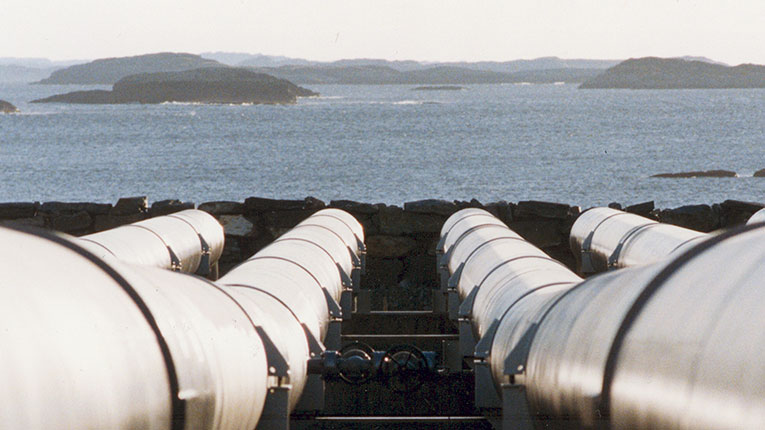A gas pipeline between Turkey and Israel is being discussed as one of Europe’s alternatives to Russian deliveries, but government and industry officials in both countries warn that complicated negotiations will be needed to reach an agreement, Reuters reports.
The submarine pipeline would be 500-550 kilometers long, and its construction would cost 1.5 billion euro, Israeli officials say, a much more bearable cost than the six billion euro for the EastMed pipeline, which would follow to connect Israel and Cyprus, Greece and Italy.
The idea, launched a few years ago, aims to build a submarine pipeline from Turkey to the Leviathan, Israel’s largest offshore gas field. Natural gas would thus reach Turkey and from there to the southern European states, which are interested in diversifying their sources of supply, according to Agerpres.
Turkish President Tayyip Erdogan said last week that gas co-operation was “one of the most important steps we can take together for bilateral ties,” adding that he is ready to send ministers to Israel to relaunch the pipeline project.
A senior Turkish official told Reuters that talks had continued after Israeli President Isaac Herzog’s recent visit to Ankara, and a number of “concrete decisions” could be announced in the coming months on the proposed route and the entities that will participate in this project.
The Leviathan gas field is already supplying Israel, Jordan and Egypt. The field’s operators, the US group Chevron and the Israeli companies NewMed Energy and Ratio Oil plan to increase production from 12 to 21 billion cubic meters per year. In comparison, last year, the European Union imported 155 billion cubic meters of natural gas from Russia, a quantity that covered almost 40% of its consumption.
